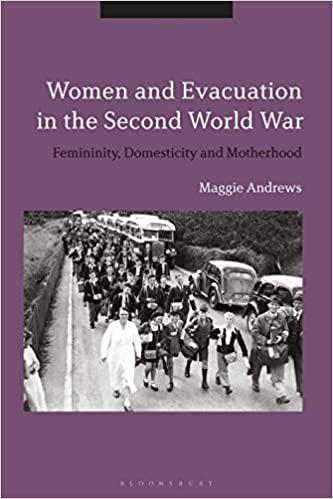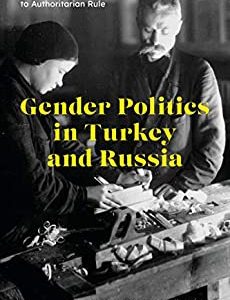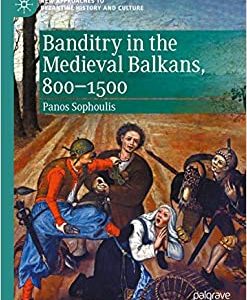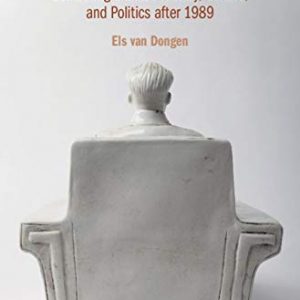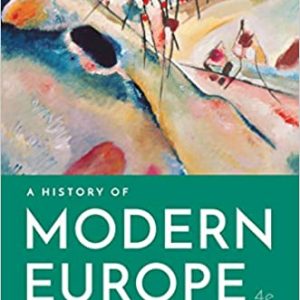Groups of young evacuees, standing on railway stations with gas masks and cardboard suitcases have become an iconic image of wartime Britain, but their histories have eclipsed those of women whose domestic lives were affected. This book explores the effects of this unparalleled interference in the domestic lives of women, looking at the impact on everyday experience and on ideas of femininity, domesticity and motherhood.
Maggie Andrews argues that wartime evacuation is important for understanding the experience and the contested meanings of domesticity and motherhood in the 20th century. As this book shows, evacuation represents a significant and unrecognised area of women's war work, and precipitated the rise of competing public discourses about domestic labour and motherhood.

